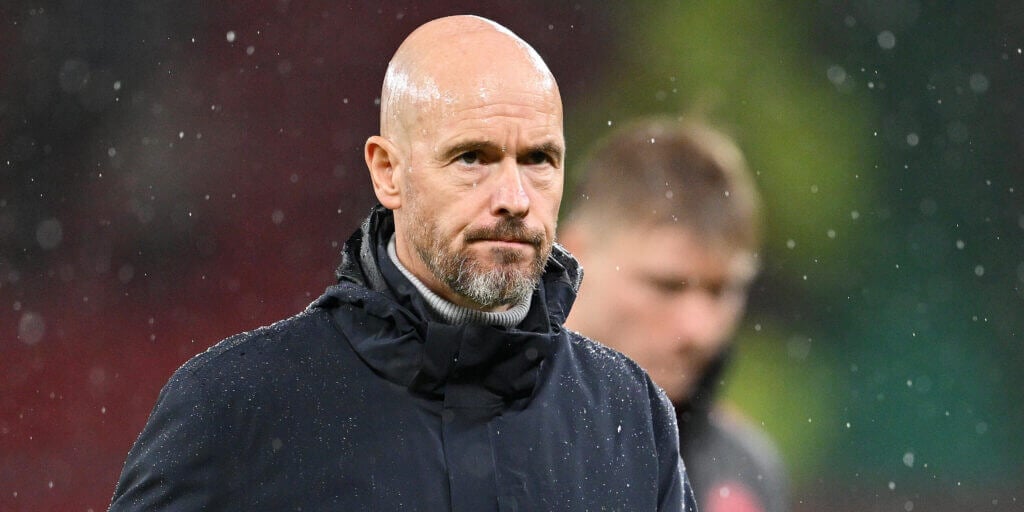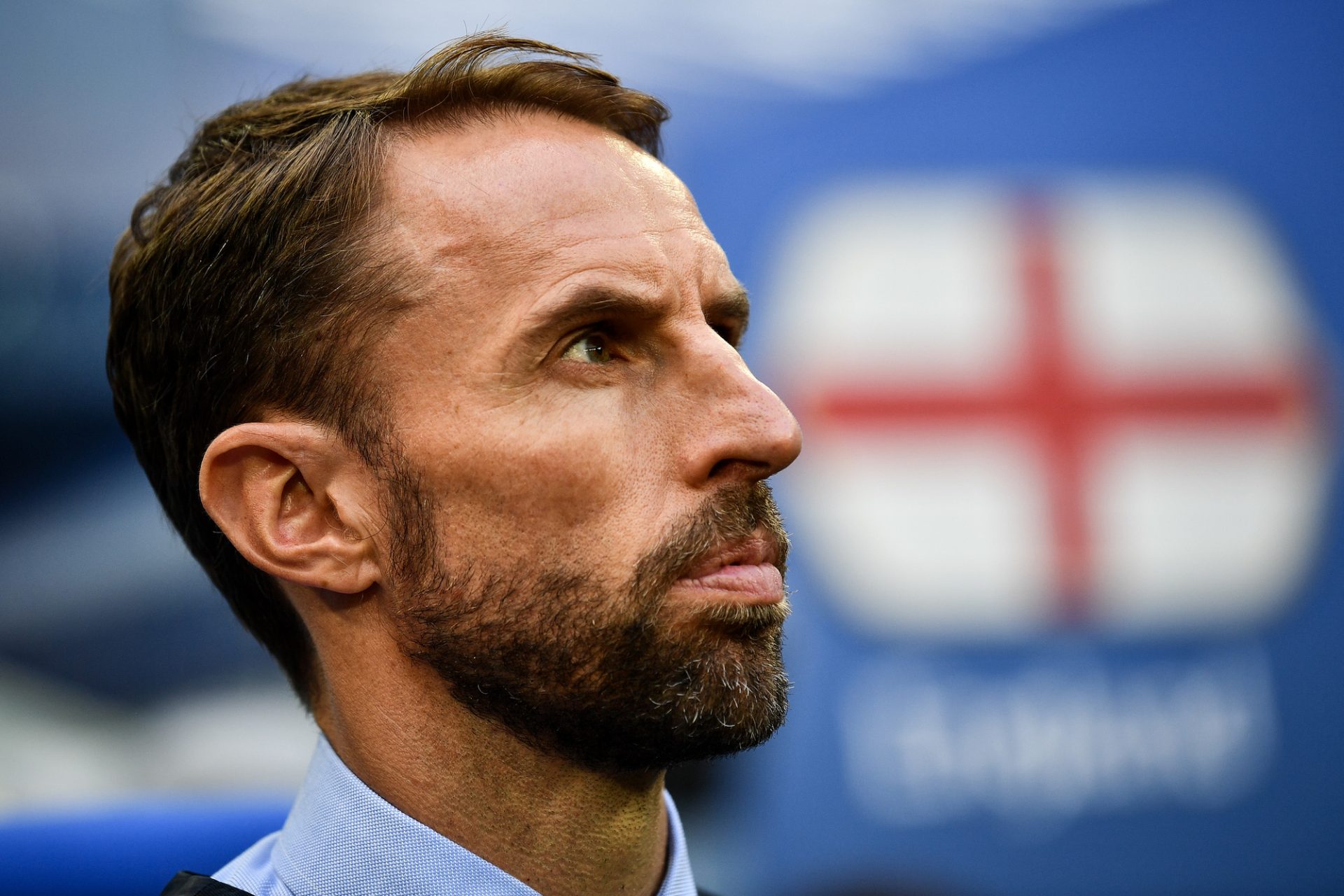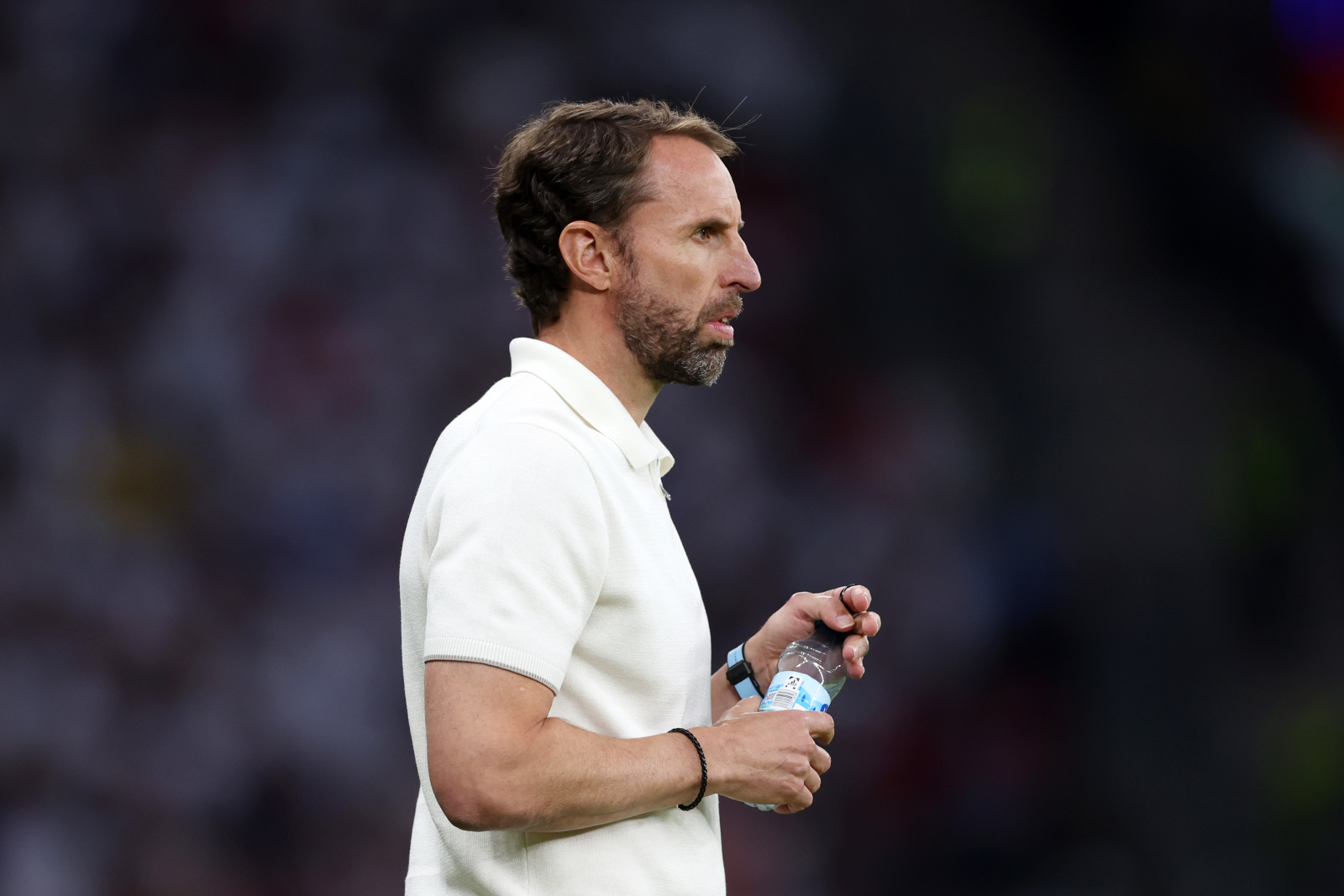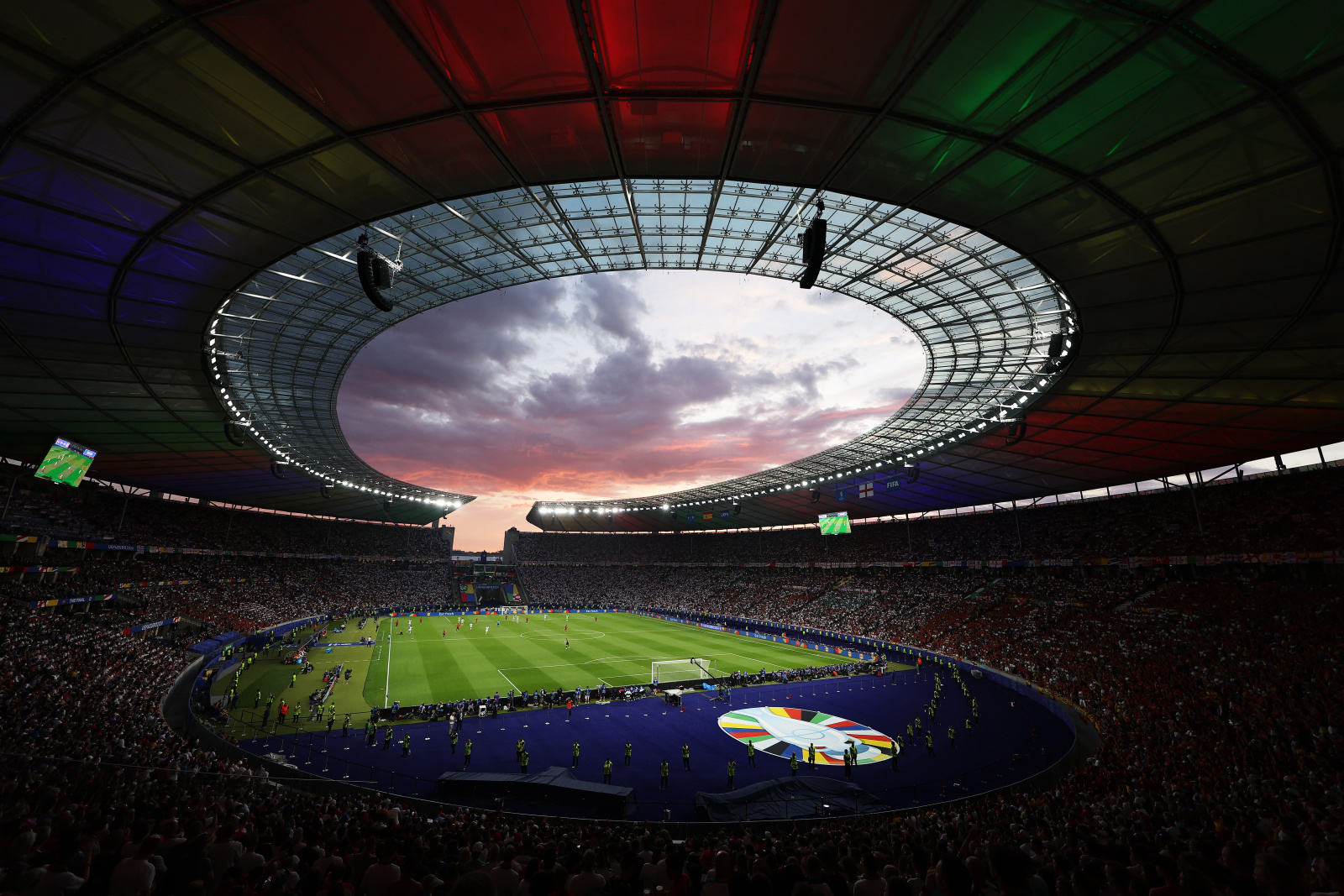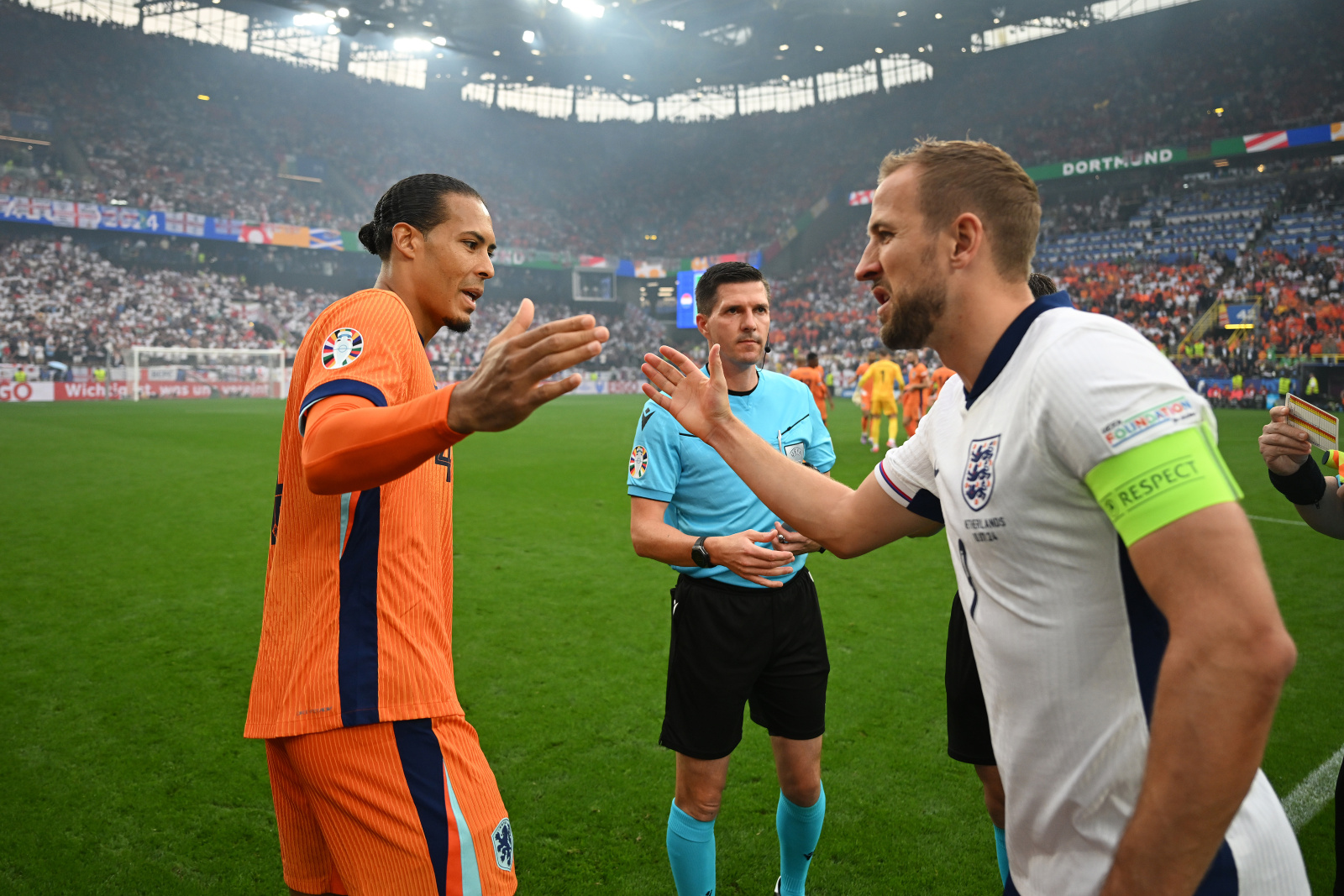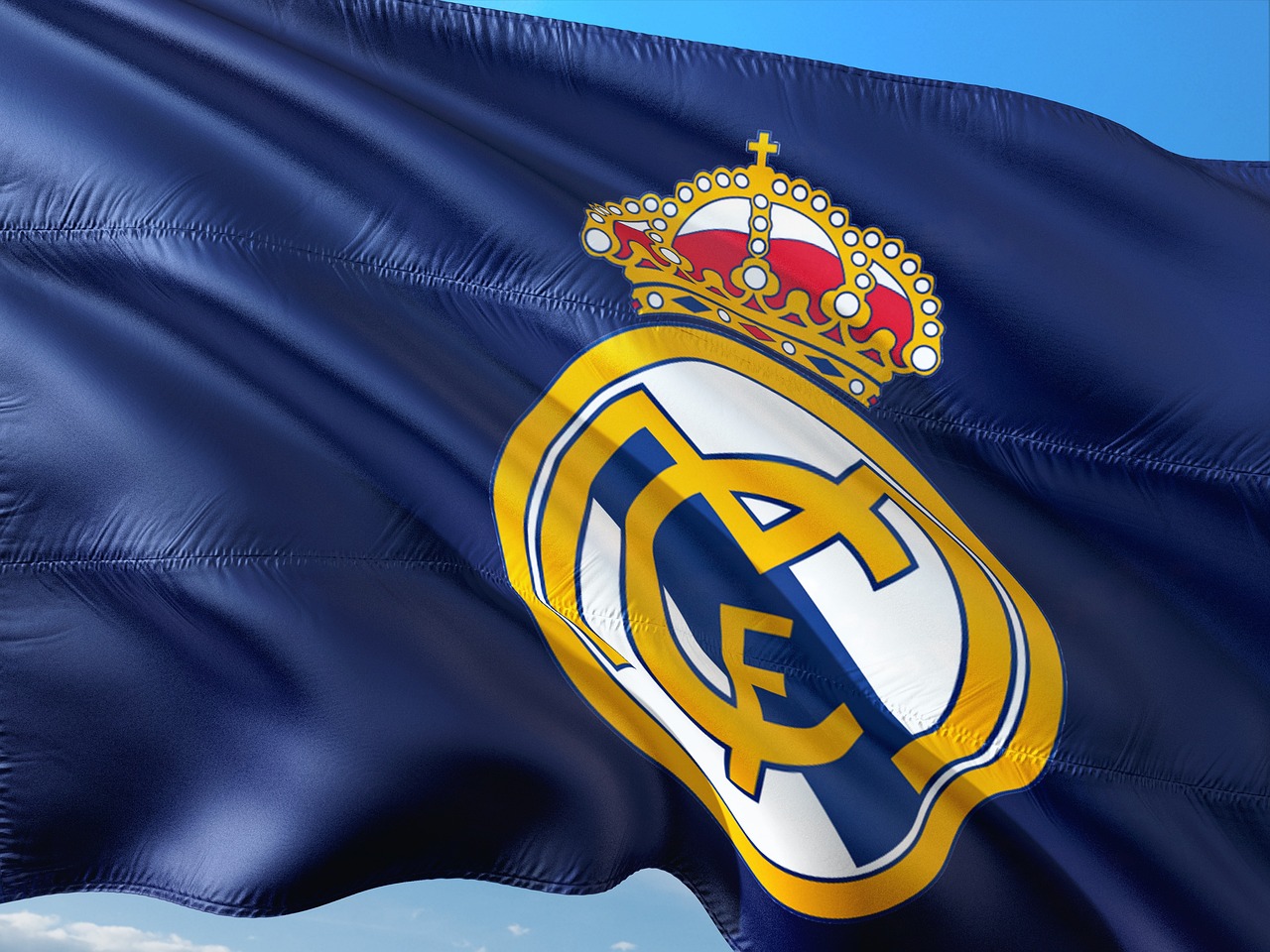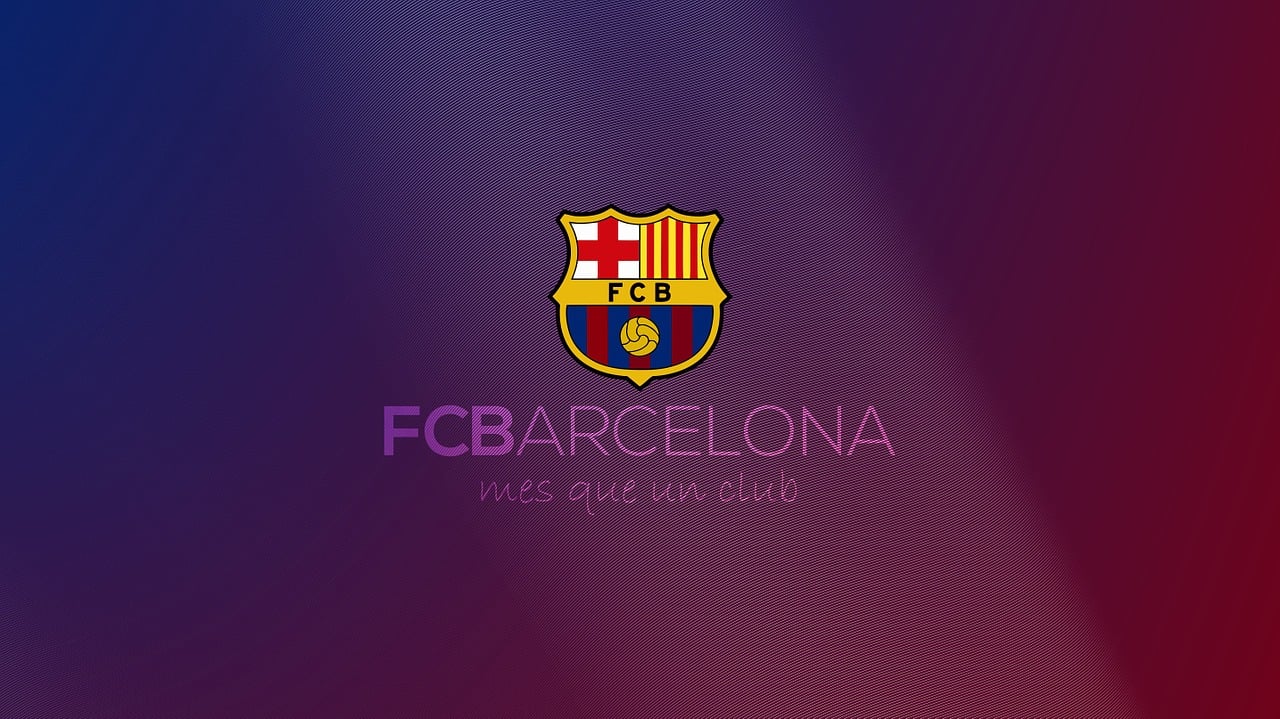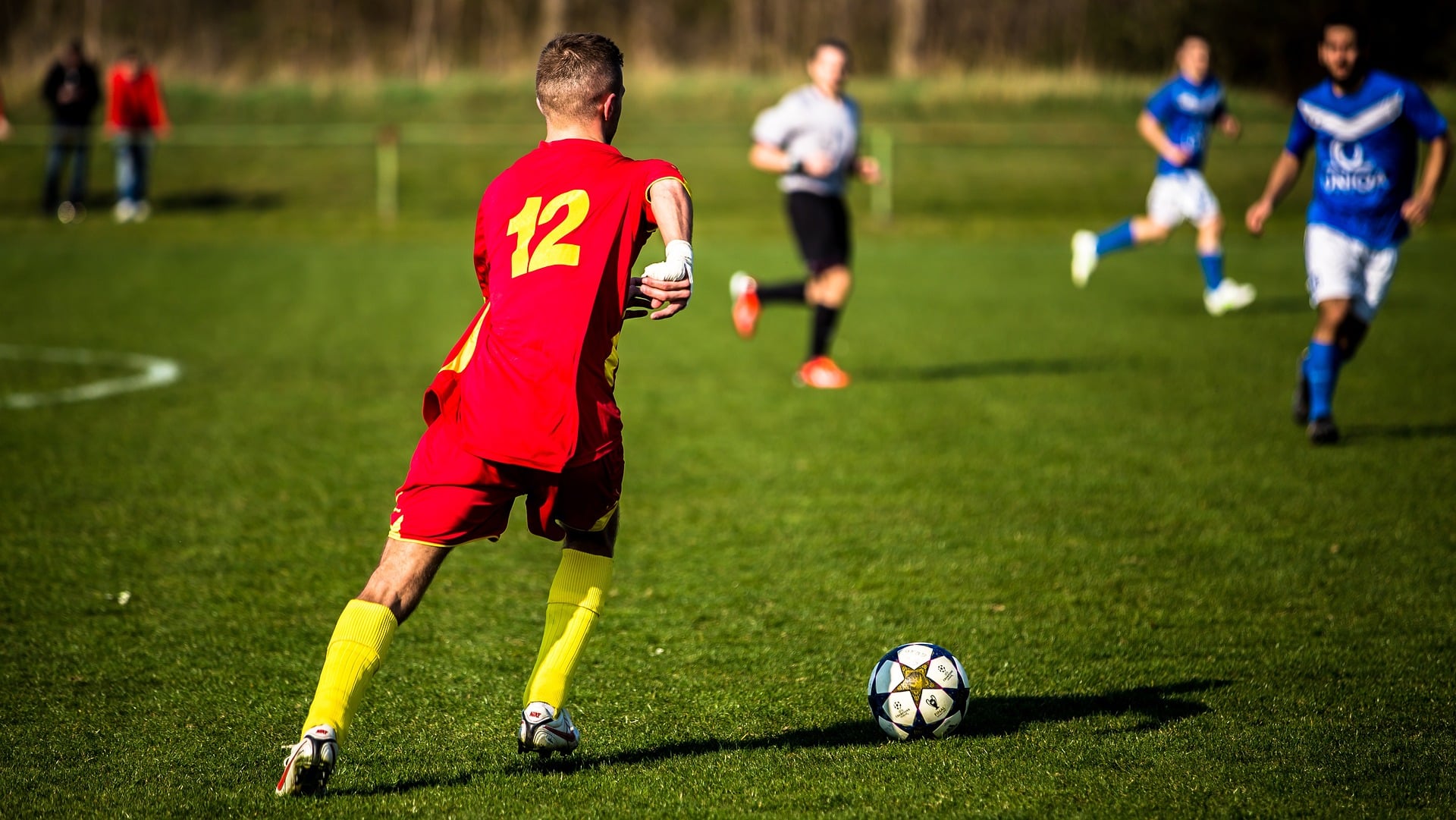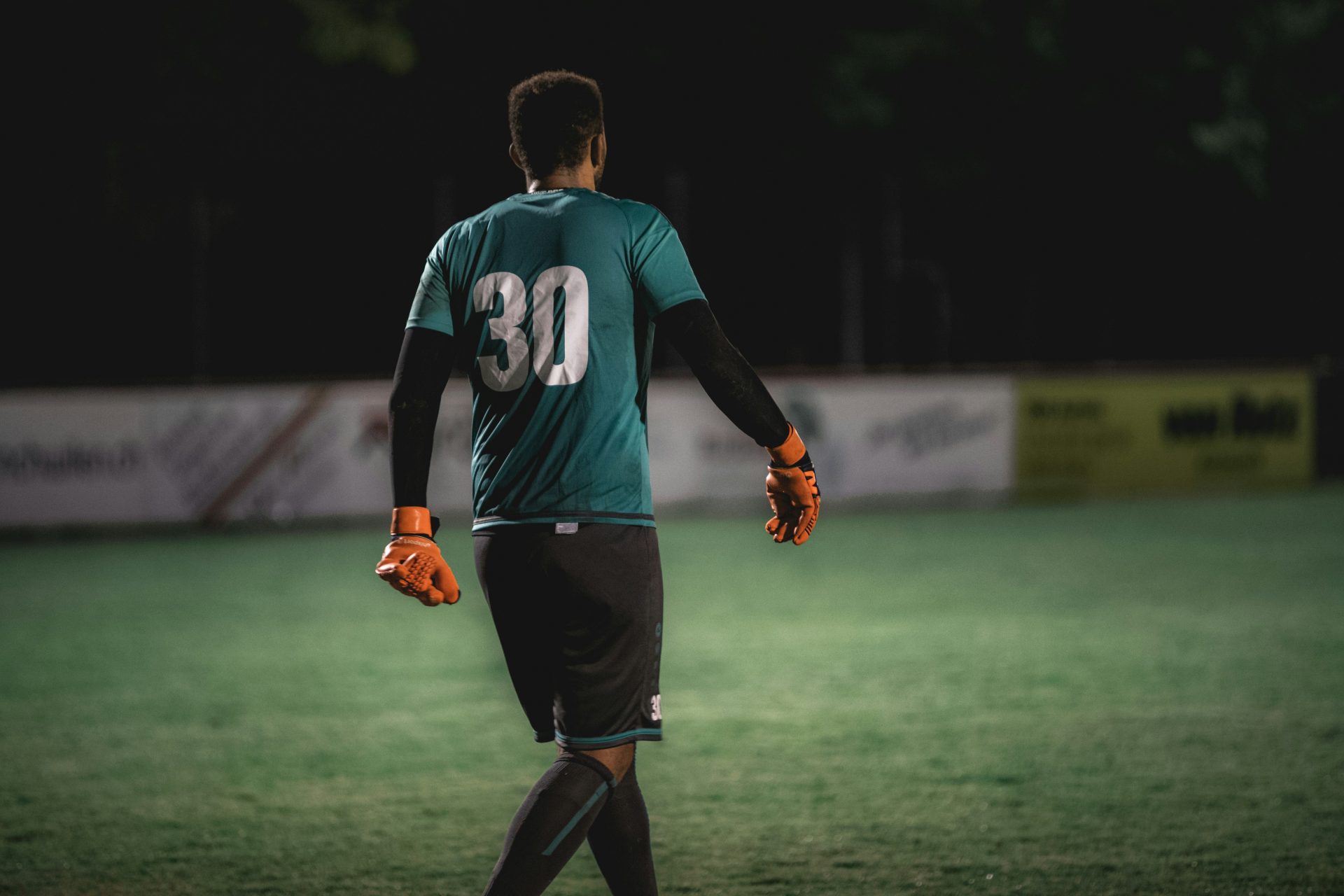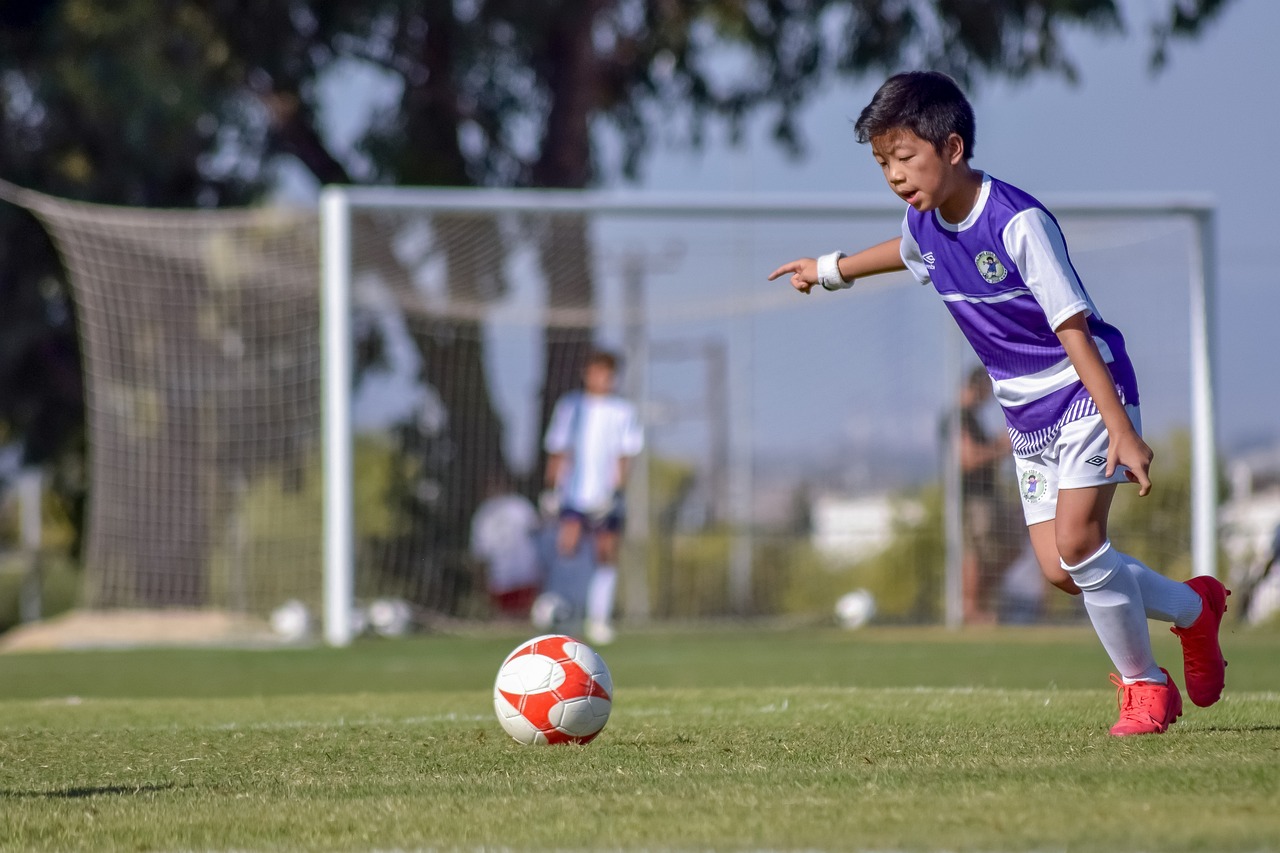What is the rivalry of Manchester United and City?
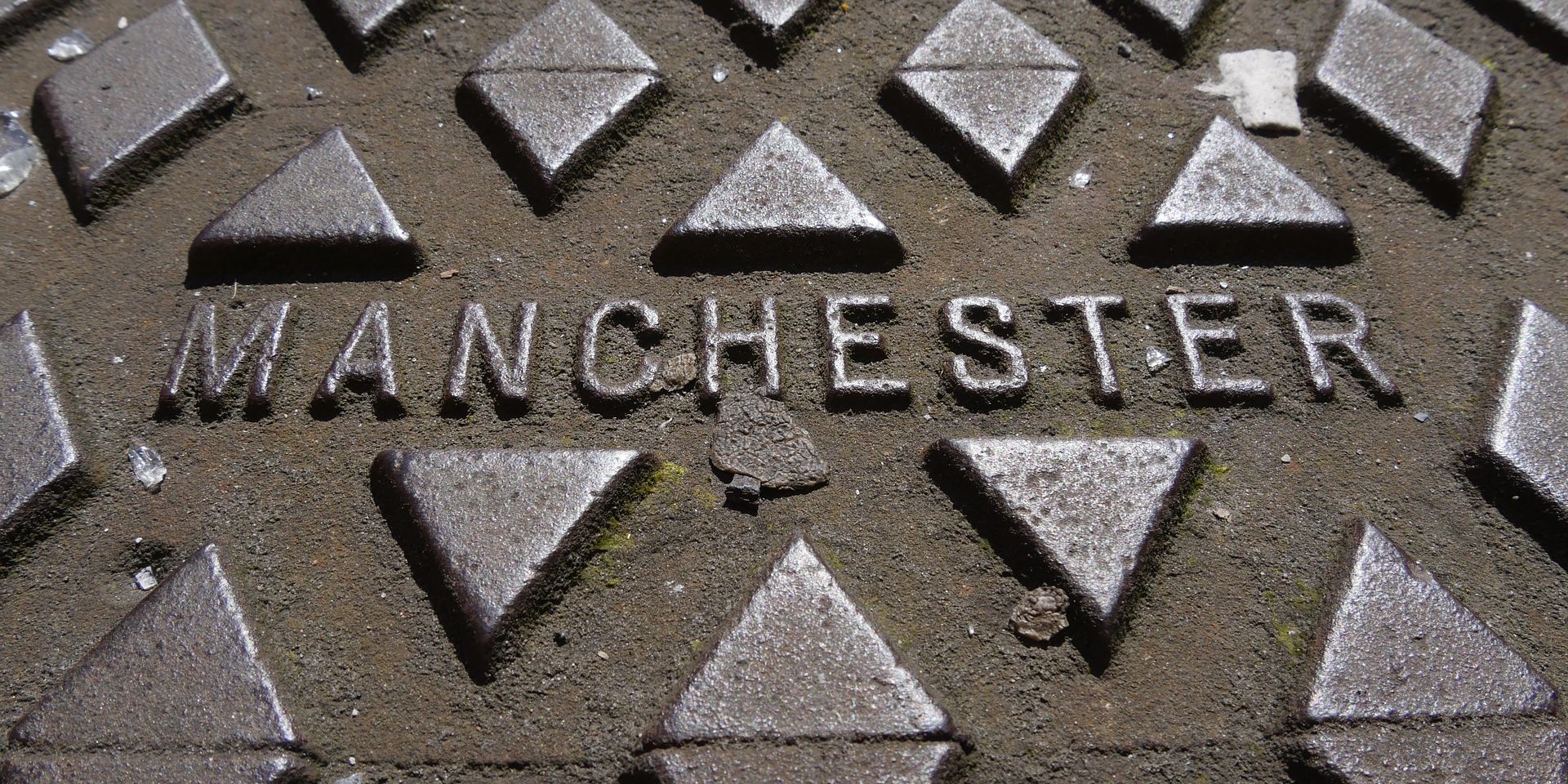
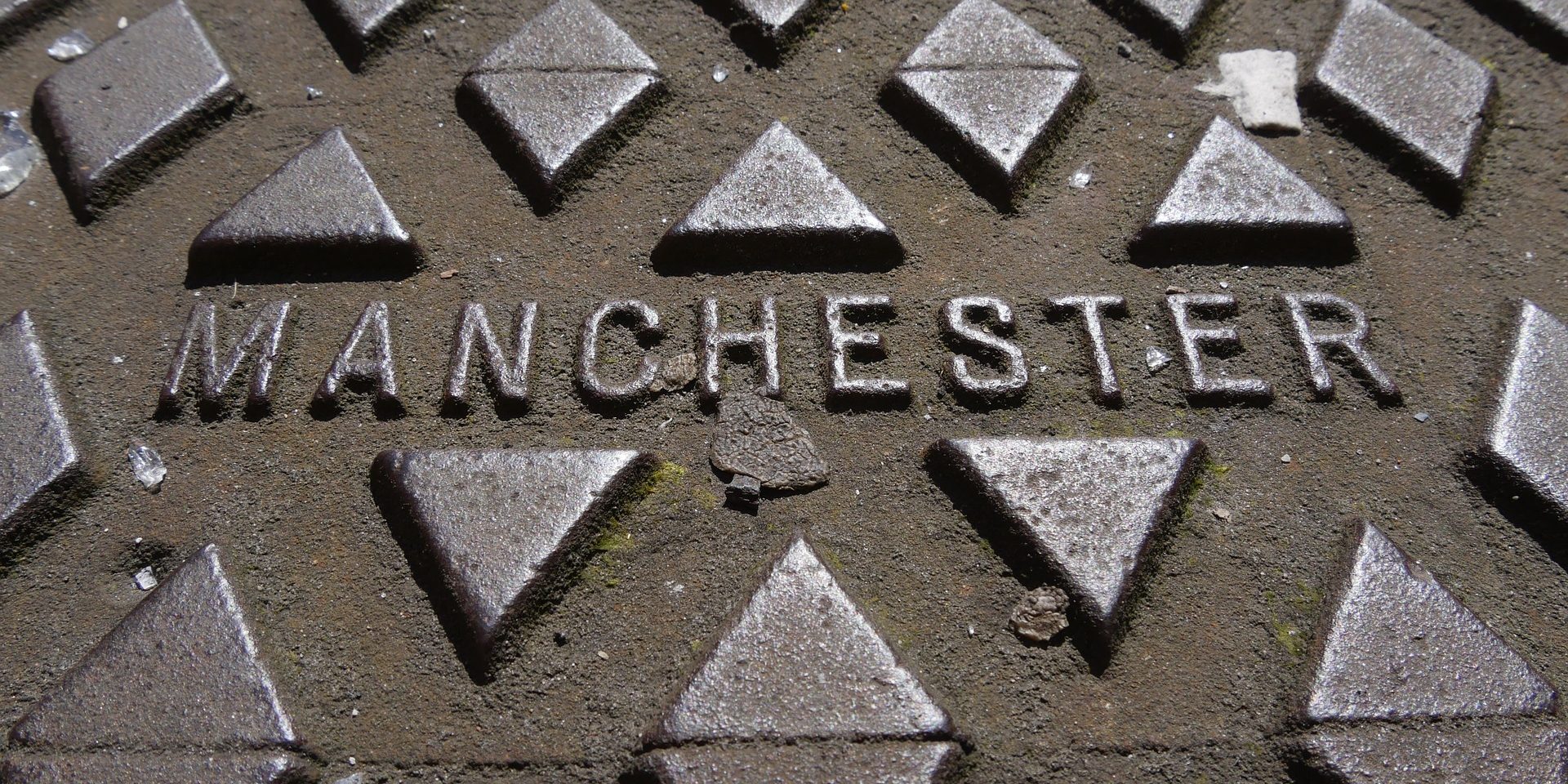
Table of Contents
The rivalry between Manchester United and Manchester City dates back to the early days of English football, specifically, the year 1880. Both clubs were formed in the late 19th century and quickly became rivals due to their close proximity.
The rivalry grew over the years, with both clubs competing for honours and bragging rights.
However, it was after World War II that the two clubs began to cooperate, with United loaning players to City to help them rebuild, and United playing their home matches at Cities ground after their own home, Old Trafford, was bombed by the Germans.
This cooperation was short-lived, however, and the rivalry soon resumed.
Over the years, the rivalry has been shaped by a number of key events, including the Munich Disaster which had a profound impact on both clubs. The early English Premier League years saw Manchester United dominate, while City struggled to keep up. However, the rivalry was reignited after Manchester City were bought by their new investors and began to challenge United’s dominance.
In this article, we will delve into the history and rivalry of these historic clubs from the north west, Manchester United and Man City, exploring their early years, their cooperation after WWII, the impact of the Munich Disaster, the early Premier League years, and both teams’ different fortunes, before examining the renewed rivalry after Manchester City’s takeover and their history against each other in the FA Cup.
The Formation of Manchester United and Manchester City
Manchester United’s Formation
Manchester United was formed in 1878 as Newton Heath LYR Football Club by the Carriage and Wagon department of the Lancashire and Yorkshire Railway (LYR) depot in Newton Heath. The club initially played in the local leagues before joining the Football Alliance in 1889. However, financial difficulties forced the club to seek re-election to the league in 1892.
The club was eventually taken over by local businessman John Henry Davies in 1902, who changed the club’s name to Manchester United and invested heavily in the team. The club won their first league title in 1908 and became one of the most successful clubs in English football history.
Manchester City’s Formation
Manchester City was formed in 1880 as St. Mark’s (West Gorton) by members of St. Mark’s Church in West Gorton. The club initially played in local leagues before joining the Football League in 1892. The club moved to Maine Road in 1923 and won their first major trophy, the FA Cup, in 1904.
However, the club struggled in the following years and were relegated to the Second Division in 1928. The club was eventually taken over by Peter Swales in 1978, who invested heavily in the team and helped the club return to the top flight in 1985.
The Growth of the Rivalry
Early Matches
The rivalry between Manchester United and Manchester City dates back to the early 1900s. The two clubs were founded just a few years apart, with United formed in 1878 and City in 1880. The first competitive match between the two sides took place in 1891, with United winning 5-0.
The early matches between the two teams were fiercely contested, with both sides eager to establish themselves as the dominant force in Manchester. City were the more successful team in the early years, winning the First Division title in 1937 and the FA Cup in 1934 and 1956.
Cooperation After WWII
After World War II, the two clubs began to cooperate more closely. In 1949, they agreed to share a training ground at The Cliff, and in 1957 they even played a friendly match together against a team from Moscow.
This period of cooperation came to an end in the 1960s, as both teams became more competitive and the rivalry between them grew stronger.
The Impact of the Munich Disaster
The Munich air disaster in 1958 had a profound impact on both Manchester United and Manchester City. United lost eight players in the tragedy, including some of their most talented young stars. City, as a local rival, were one of the first teams to offer support to United in the aftermath of the disaster.
The tragedy brought the two clubs closer together, and many City fans even began to support United in their quest to rebuild the team. However, this sense of unity was short-lived, as the rivalry between the two teams quickly resumed.
Watch: Mayday Munich: Manchester United’s Darkest Day
The Premier League Years
Early Premier League Years
The early Premier League years were dominated by Manchester United under Sir Alex Ferguson. They won their first Premier League title in 1992-93, taking the title from another of their bitter rivals, Leeds United, and went on to win it the following season as well. The Red Devils relinquished their title in 1994/95, before winning back-to-back Premier League crowns in 1995/96 and 1996/97.
During this time, Manchester City were struggling to stay in the top division, and were relegated twice in three seasons. The two clubs did not meet in the Premier League until the 1994-95 season, when Manchester United won both games.
However, Manchester City did manage to cause a shock in the 1996-97 season, when they beat Manchester United 2-1 at Maine Road. This was their first win over their rivals in the league for 13 years. Manchester United went on to win the title that season, but this result showed that Manchester City were capable of competing with the best teams in the league.
Different Fortunes
In the years that followed, Manchester United continued to dominate the Premier League, winning it six times in eight seasons between 1996 and 2003. Manchester City, on the other hand, were struggling to establish themselves in the top division. They were relegated again in 1998, and did not return to the Premier League until 2000.
When Manchester City Football Club did return to the Premier League, they found themselves in direct competition with Manchester United once again. However, the two clubs were no longer equals. Manchester United had become one of the biggest clubs in the world under Sir Alex Ferguson, while Manchester City were still trying to ensure top flight survival.
Despite this, Manchester City managed to cause a shock in the 2002-03 season, when they beat Manchester United 3-1 at Maine Road. This was their first win over their rivals in the Premier League era, and it gave their fans hope that they could one day compete with the best teams in the league.
However, Manchester United continued to dominate the Premier League, winning it three times in a row between 2007 and 2009, while also winning the 2008 Champions League by beating Chelsea in the final in Moscow. Manchester City, on the other hand, were still struggling to establish themselves in the top half of the table. It seemed that the rivalry between the two clubs had become one-sided.
But everything changed in 2008, when Manchester City were bought by their new investors. This injection of cash allowed them to sign some of the best players in the world, and they quickly became one of the strongest clubs in the country. The rivalry between Manchester United and Manchester City was about to be reignited in a big way.
Manchester City’s New Investors
In 2008, Manchester City was bought by a group of investors from Abu Dhabi, led by Sheikh Mansour bin Zayed Al Nahyan. The new owners invested heavily in the club, bringing in top players such as Kevin de Bruyne, Jack Grealish and, more recently, Erling Haaland, coach Pep Guardiola, and developing the youth squad which has produced the likes of England international Phil Foden.
Manchester City quickly became one of the most successful teams in England, winning multiple Premier League titles and other major trophies in several epic battles with Liverpool FC.
For Manchester United, the retirement of Sir Alex Ferguson in 2013 left a huge hole in the club, and they have struggled in the decade since.
The good times looked set to return when Jose Mourinho led the team to League Cup and Europa League glory, but the joy was short-lived after he was dismissed and replaced by club legend Ole Gunnar Solskjaer, who was also unable to steady the ship.
The job of putting smiles back on United fans faces is currently with Eric Ten Hag, who has been tasked with ensuring United regularly qualify in the European Cup places, as well as ensuring the Manchester City rivalry sees a return to dominance by United.
Victory over the ‘noisy neighbours’ in the 2024 FA Cup Final has given the red half of Manchester a reason to celebrate after what was a woeful Premier League and Champions League campaign.
Watch: Top 10 Richest Football Club Owners
Recent Matches
The renewed rivalry between Manchester United and Manchester City has produced some memorable matches in recent years.
One of the most notable was the Manchester derby in April 2018, which saw Manchester City clinch the Premier League title with a 3-1 victory over their rivals at the Etihad Stadium. The following season, Manchester United got their revenge, defeating Manchester City 2-1 at the Etihad and effectively ending their hopes of winning the league.
Another memorable match was the 2021 Carabao Cup semi-final, which saw Manchester City defeat Manchester United 2-0 at Old Trafford. The victory sent Manchester City through to the final, where they went on to win the trophy for the fourth consecutive year.
Before any of those fixtures, one of the most memorable goals was scored by Wayne Rooney in 2011/12, when the United striker scored a sensational overhead-kick to break the deadlock and give the home side a thrilling 2-1 win over their ‘noisy neighbours’.
In conclusion, the rivalry between Manchester United and Manchester City is one of the most intense and historic in English football. While the two clubs have cooperated in the past, their renewed rivalry in recent years has produced some unforgettable matches and moments. As both teams continue to compete for titles and trophies, fans can look forward to many more exciting Manchester derbies in the future.
Watch: Wayne Rooney’s Bicycle Kick v Man City Goal
History in the FA Cup
The rivalry between Manchester United and Manchester City has been intense over the years, and it has often played out in the FA Cup. The two teams have met several times in the competition, with each game adding to the history of the rivalry.
The first FA Cup game between the two teams took place in 1926, with Manchester City winning 3-0. The two teams met again in the competition in 1955, with Manchester United winning 2-1. The most famous FA Cup game between the two teams took place in 2011, when Manchester City beat Manchester United 1-0 in the semi-final, thanks to a goal from Yaya Toure.
Overall, Manchester United Football Club have had more success in the FA Cup, having won the competition 12 times, while Manchester City have won it six times. However, Manchester City have had the upper hand in recent FA Cup meetings, having won two of the last three games between the two teams in the competition.
In the 2022/23 season, Manchester City FC beat Sheffield United in their semi-final match-up, and Manchester United beat Brighton on penalties, setting up the first-ever FA Cup Final Manchester Derby.
In the end, Manchester City won the cup final on their way to a treble of Premier League, FA Cup, and Champions League triumphs.
However, in 2024 in the second consecutive FA Cup Final between these great rivals, Manchester United emerged 2-1 winners, spoiling City’s hopes of a league and FA Cup double.
Here is a table showing the results of the FA Cup games between Manchester United and Manchester City:
| Year | Round | Result |
|---|---|---|
| 1926 | Semi-final | Manchester City 3-0 Manchester United |
| 1955 | Semi-final | Manchester United 2-1 Manchester City |
| 1973 | Semi-final | Manchester City 0-1 Manchester United |
| 1981 | Semi-final | Manchester City 1-2 Manchester United |
| 1984 | Quarter-final | Manchester City 0-0 Manchester United |
| 1984 | Quarter-final replay | Manchester United 4-2 Manchester City |
| 2011 | Semi-final | Manchester City 1-0 Manchester United |
| 2012 | Third round | Manchester City 2-3 Manchester United |
| 2016 | Fourth round | Manchester United 1-0 Manchester City |
| 2023 | Final | Manchester City 2-1 Manchester United |
| 2024 | Final | Manchester United 2-1 Manchester City |
Related Articles:
Biggest Rivalries In Indonesian Soccer: A Look At The Fiery Footballing Foes

